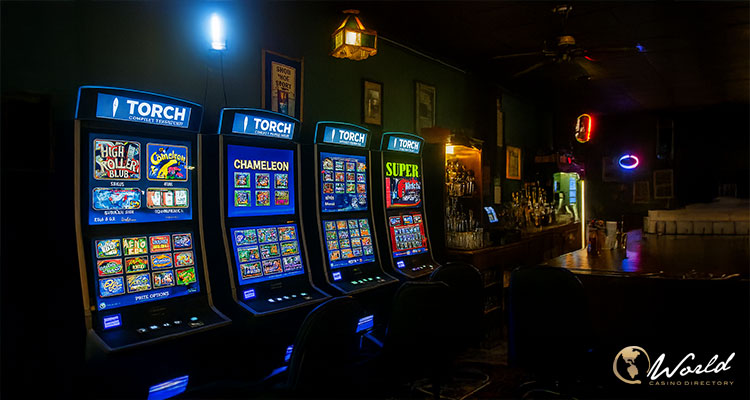In a significant legal ruling, a federal jury in Missouri determined that Torch Electronics, a major operator of unregulated video gaming terminals (VGTs), had violated state gambling laws by falsely advertising its machines as “no-chance” devices. The lawsuit, which pitted Torch against TNT Entertainment, concluded with a $500,000 compensation award for TNT, marking a major victory for the traditional coin-operated game supplier.
The Case Against Torch Electronics
Torch Electronics, which began installing its machines in Missouri in 2017, has faced accusations of deceptive marketing tactics and unfair competition. The company was found guilty of misleading retailers and customers by promoting its VGTs as games where the outcome could be predicted by players—characterizing them as “no-chance” devices. According to TNT, these claims led businesses to replace its classic coin-operated games with Torch’s machines.
Torch, however, defended the legality of its devices throughout the trial. The company argued that its games did not involve chance, as players could view the next outcome of each game, citing this as evidence that the devices were not governed by the state’s gambling regulations. However, the jury was unconvinced, siding with TNT, which argued that Torch’s actions were not only deceptive but also illegal under Missouri’s gambling laws.
The case revealed troubling details about Torch’s marketing tactics. In their defense, Torch’s legal team claimed that their machines were not gambling devices because they allowed players to see the next result in a sequence, which was used to argue that there was no element of chance. However, according to the Missouri Gaming Commission, the randomization feature of these machines and the ability to reset the starting point of each game rendered them games of chance, and thus illegal under state law. Judge John Ross instructed the jury to determine if Torch’s advertising claims—that its devices were not gambling machines—were true, and ultimately, the jury found them to be false.
The jury’s verdict could have far-reaching consequences for Torch, which operates an estimated 15,000 machines across Missouri. As reported by Missouri Independent, the company was ordered to pay TNT $500,000 in damages for the unfair competition caused by its misleading advertising. TNT’s attorney, Richard Finneran, expressed satisfaction with the outcome but emphasized that this was only the beginning. The next step for TNT will be seeking the return of the millions of dollars in profits Torch has made through its deceptive advertising, as well as a ruling declaring its devices illegal.
In addition to the financial compensation, the ruling sets a legal precedent in Missouri regarding the classification of these types of devices. If further legal actions are successful, it could lead to Torch’s machines being seized across the state, as prosecutors and state regulators would now have a legal basis to pursue criminal charges or remove the devices from businesses.
Torch Electronics Responds
Torch Electronics has indicated it will appeal the verdict, which could prolong the legal battle. The company, which has a history of lobbying efforts and political donations aimed at protecting its market, has not been deterred by the court’s decision. In fact, the company’s spokesman, Gregg Keller, confirmed their intent to challenge the ruling, potentially delaying any further legal consequences.
This case marks the first time that Missouri courts have ruled on the legality of Torch’s gaming devices, and it could set the stage for further legal battles. The ruling provides a clearer framework for understanding what constitutes a legal gambling device under Missouri law. While Torch has the option to appeal, the outcome of this case will likely prompt other legal challenges and regulatory reviews of similar devices across the state.
TNT’s legal team has indicated that they will continue their efforts to hold Torch accountable for its practices, with the aim of ensuring that other operators do not follow in its footsteps. The jury’s verdict may be a turning point for the regulation of unlicensed gaming devices in Missouri, and it could eventually lead to a reevaluation of the state’s gambling laws as a whole.



